Robinsons Insurance Agency Blog |
|
As a contractor, you know how exciting it is to work on new construction and renovation projects. These projects can be very lucrative, but they also come with risks. Without insurance, you leave yourself and your business vulnerable to financial ruin. Construction sites are inherently dangerous places, and accidents can happen anytime. Even with the best safety measures in place, unforeseen events such as natural disasters can cause damage to property or delay the project. Insurance gives you peace of mind, knowing you are protected against these risks.
1 Comment
When it comes to construction projects, General Contractors often hire subcontractors to help get the job done. While this helps ensure that projects are completed on time and within budget, it also introduces some risks. To reduce the chances of any costly mistakes or accidents resulting in property damage, injury, or lawsuits, both General Contractors and Subcontractors should have the right insurance coverage in place.
Auto insurance is a coverage for cars, trucks, motorcycles, and other road vehicles, which provides financial protection against property damage or bodily injury resulting from traffic collisions. Auto insurance also protects financial protection from property damage or bodily injury from any non-collision causes. Maintaining a car insurance is needed not only for financial protection but because it is required by law. When you get pulled over for a minor traffic violation, the officer would immediately ask for your driver’s license and insurance card. A simple ticket might turn into jail time if you can’t present a proof of auto insurance.
Homeowners Insurance protects homeowners against damage to home and belongings from a covered cause of loss. The basic covered causes of loss are fire, lightning, windstorm or hail, explosion, smoke, vandalism, aircraft of vehicle collision, riot or civil commotion, sinkhole collapse, and volcanic activity. The broad coverage will cover the basic perils or cause of loss plus the following:
A building is considered vacant unless at least 31% of its total square footage is rented to a lessee or sub-lessee. Vacant buildings are unoccupied properties for extended period of time making them more vulnerable to trespassing, theft, vandalism, fire, and other damages like water damage, glass breakage, electrical explosion, sprinkler leakage, and mold.
A condominium is a form of homeownership in which the apartments in a building or houses in a development are individually owned, but common areas, such as lobbies or halls are jointly owned. Condominiums constitute 4.7% of all housing units according to the US Census Bureau. Another way of saying that is that about 95% of homes are not condos. Being that owning a condo is relatively unusual, it is not surprising that there is confusion over what insurance is adequate to protect the condo buyer’s interest.
Professional Liability is a type of liability coverage designed to protect traditional professionals like medical doctors, accountants, lawyers, and quasi-professionals like real estate brokers, consultants, against liability incurred as a result of errors and omissions in performing their professional services. Contractors that are required to maintain a license such as electricians, plumbers, and HVAC contractors also need this coverage.
Errors & Omissions, is another term for Professional Liability Insurance, which covers lawsuits or claims made by you clients. Errors & Omissions Insurance covers the cost of defending a lawsuit even if the lawsuit is groundless. These [policies are designed to cover financial losses rather than liability for bodily injury and property damage. Builder's risk insurance is a special type of property insurance which covers against damage to buildings while they are undergoing construction. It will pay for direct physical loss or damage to the covered property from a covered cause of loss.
The name might be confusing but the inland marine refers only to the equipment transported over inland and that include contractors’ tools, equipment, and heavy machinery like a big excavator. This coverage is important to contractors as insurance company will pay to replace all your tools and equipment if they get stolen or damaged. Some contractors might think that the auto insurance will pay for tools replacement if the tool box is permanently attached to the stolen truck but that’s wrong. The auto insurance will pay for the vehicle only and all the items inside should be covered either by the home insurance (personal effects) or inland marine policy for the contractor’s tool.
On average, most businesses pay around $1,000.00 per year for their CGL policy. However, the cost of an individual CGL policy depends on a number of factors, including the nature of your business, the location of your business, and the physical condition of your business assets. Underwriters take into account all of these factors in determining how much the premium will cost. One of the biggest factors that impacts price is the type of industry your business is in. If it is an inherently dangerous/ultrahazardous activity, the cost for the insurance can be significantly higher.
Workers Compensation is a statutory benefit as per state law provided to an employee or to his/her family due to a job-related injury, illness, or death. The benefit may be wage replacement, medical expenses, employee rehabilitation, or death benefits to the employee's family.
 Imagine you finally buy your dream project. It’s an old hotel but it’s right on the beach and it’s already got tenants in it. With the right remodeling you’re sure you can capitalize on the appeal of a beach bungalow with the growing population of hipsters driving around in their range rovers thanks to the exploding local economy. The place has some work that needs to be done to make it into your dream beach pads and you have little to zero experience in remodeling. After going through the units, you quickly realize there is water damage in some units on the ceiling. You know you’re going to have to have the roof fixed to stop the leaking ceiling. You figure you need to fix the roof first before you can move on to the next step because the water is damaging everything else. You make a few phone calls and get a few quotes and you pick one. Hopefully the one you picked is insured. Without insurance the property owner is doing more than taking a risk. You need a commercial auto policy or business auto policy if you use the vehicle in your business operations. Examples are transporting tools to and from jobsites like a plumber's van, haul construction debris, use truck to tow a trailer used in business operation, transport good for a fee, deliver company products, employees regularly using the vehicle for business purposes, and the vehicle is registered to the company name. The commercial auto policy is also needed when higher limit of liability limit is required, usually if you are bidding for a job. Personal auto insurance can cover up to 300,000 liability per accident but commercial auto can cover you up to a million dollars.
When you purchase a general liability policy there is always a policy limit that the insurance company will pay. For example, if you have a liability insurance policy on your vehicle with a $75,000 limit and a judge or jury decides you caused damages of $1,000,000 the plaintiff will take the $75,000 from the insurance company and you could potentially be liable for the rest. Insurance companies assume liability for a variety of perils and circumstances that cause injury. Insurance policies typically cover the cost of legal representation and any award of damages in the event the insured is deemed to be responsible for paying. However, there is a limit that insurance company agrees to assume liability.
 Welcome to our new insurance agency blog! This is our very first post. We're not quite sure what we're going to write about here, but the plan is to create helpful content for customers and prospective clients about information that is relevant to you. We hope you'll come to view this as a top resource for keeping your family and your finances safe. Here are a few of the topics we may be writing about:
Stay Tuned! |
Contact Us(888) 254-7350 Archives
May 2023
Categories
All
|
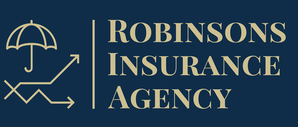
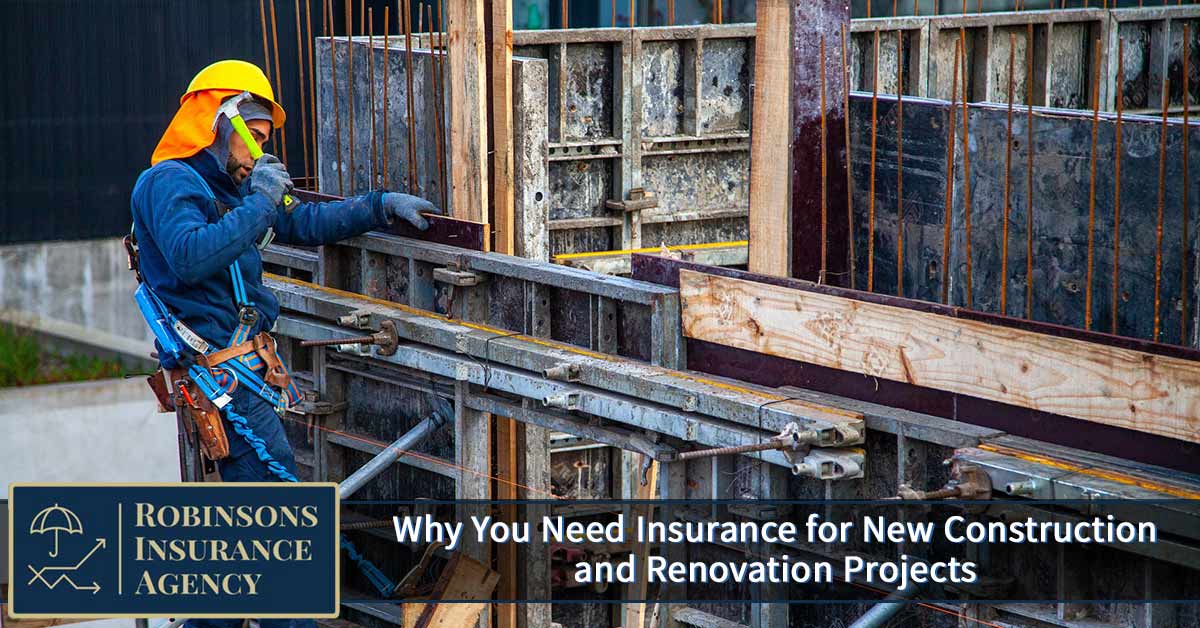
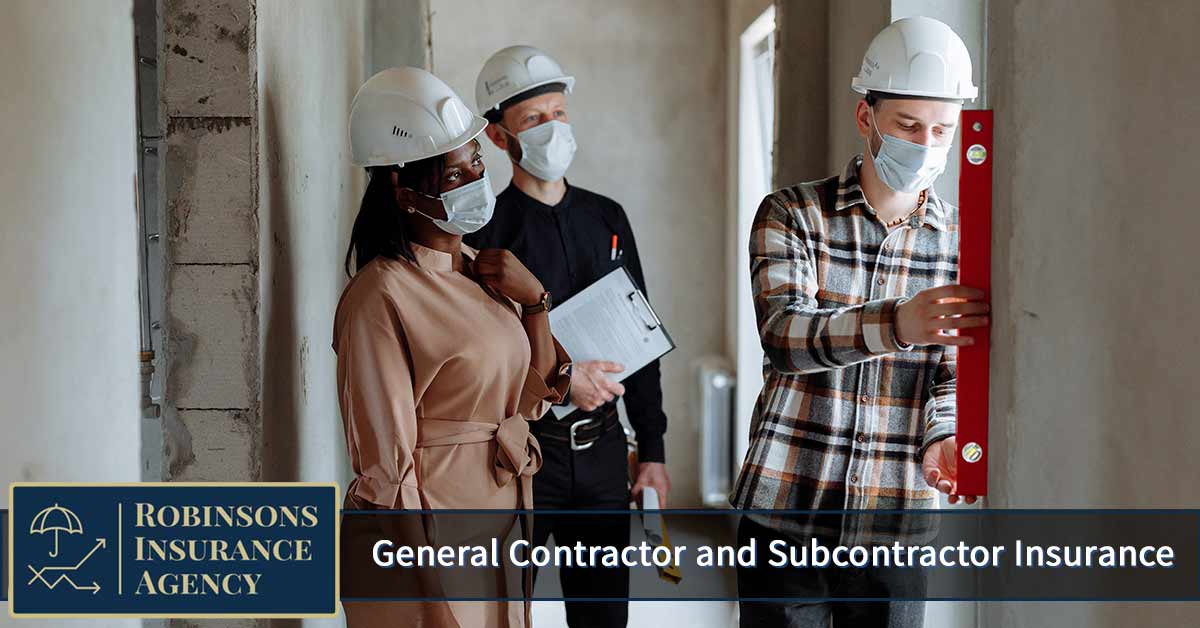

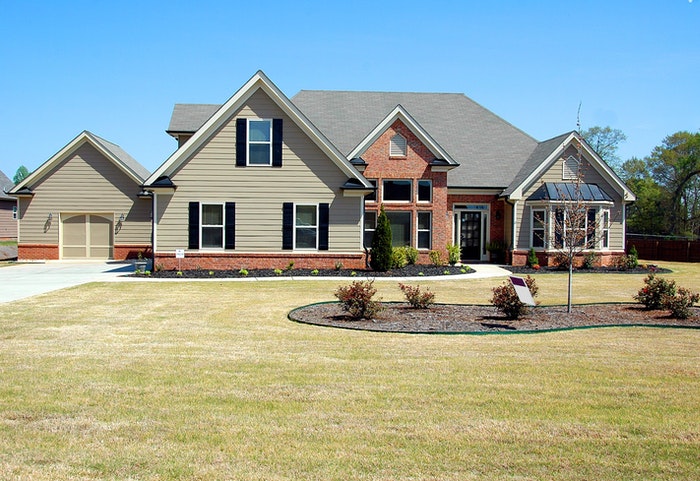
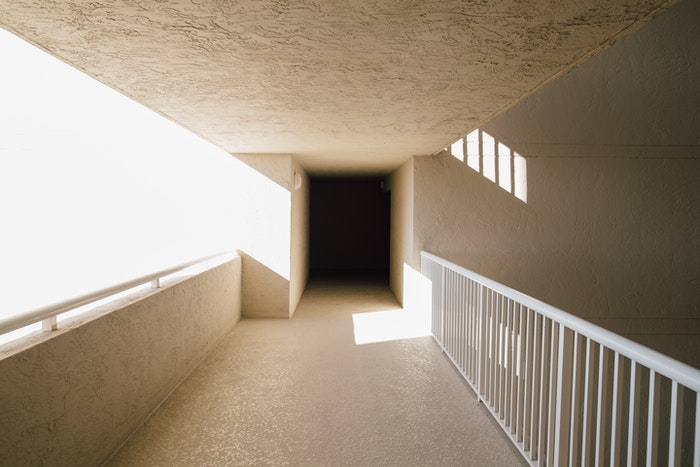
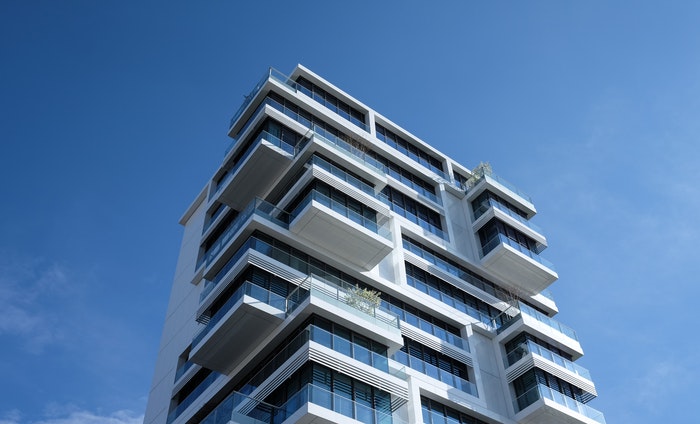

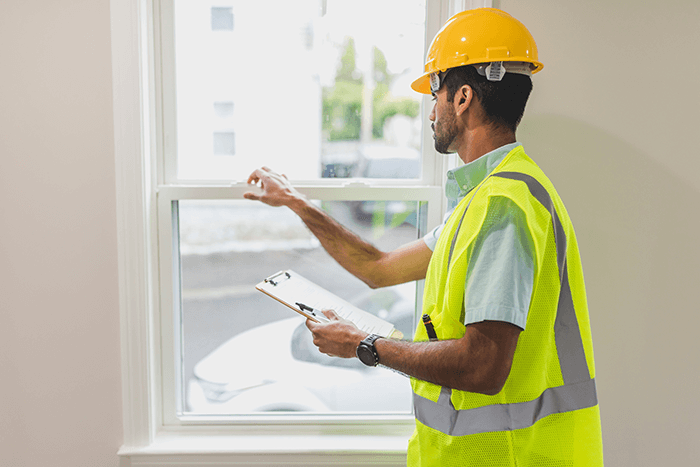
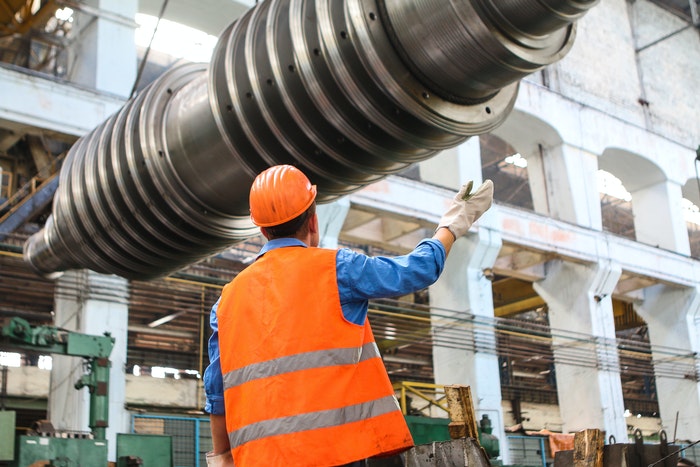


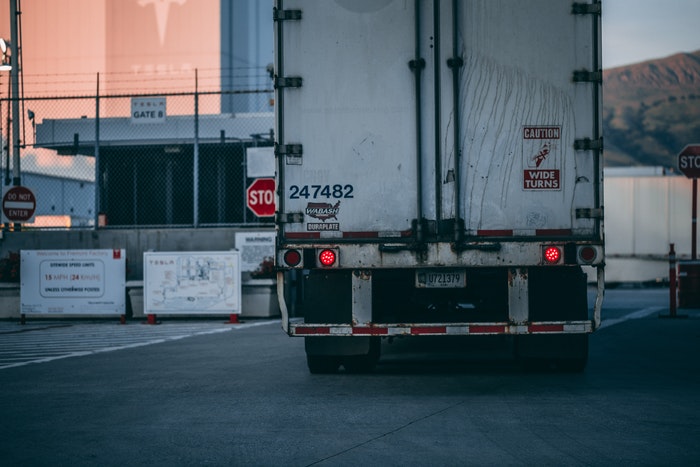

 RSS Feed
RSS Feed